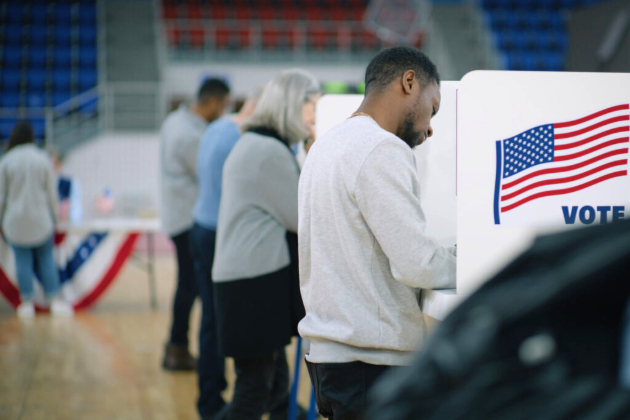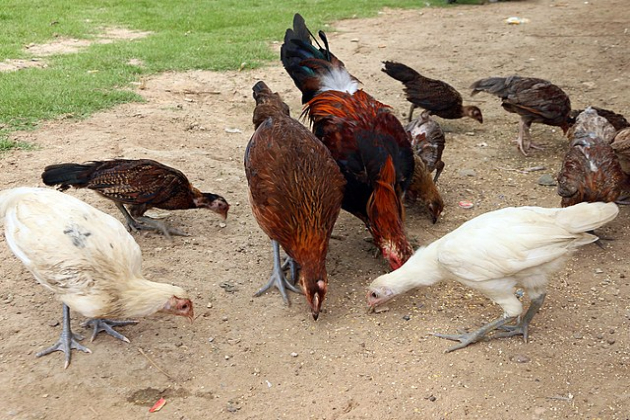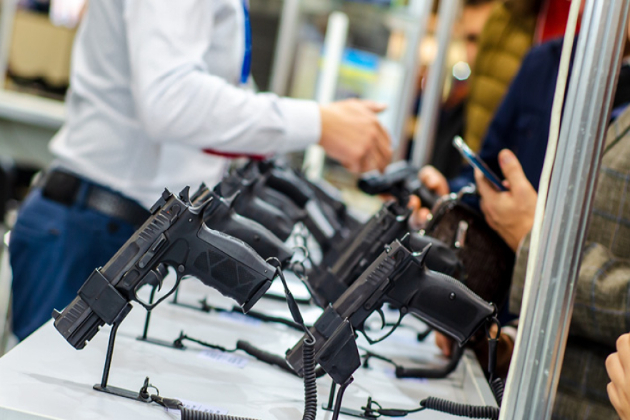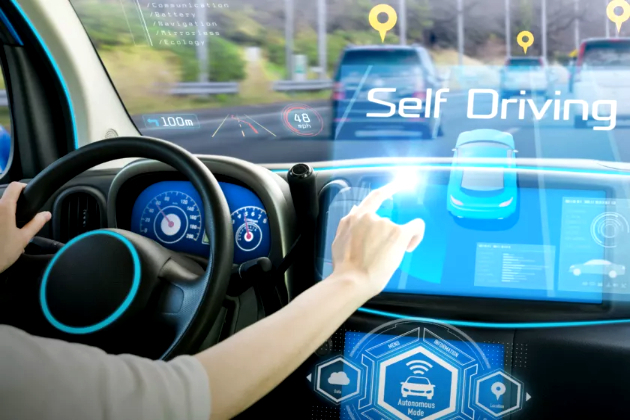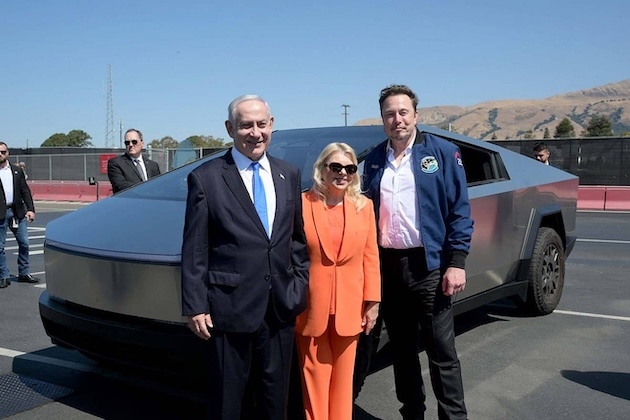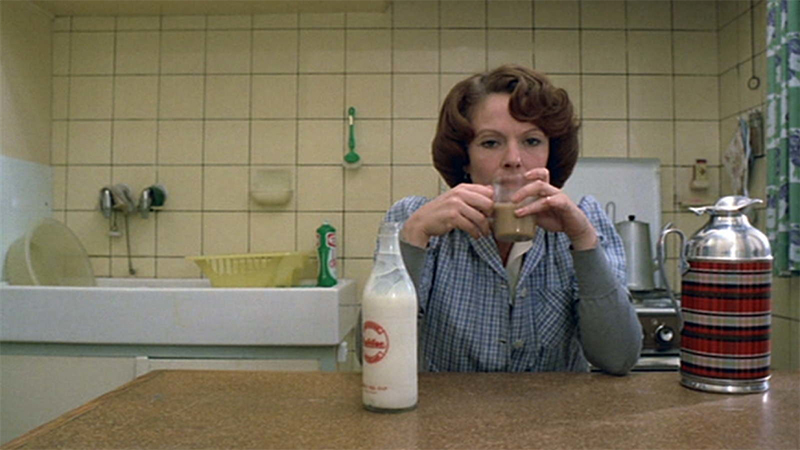Engineering students explore how to ethically design and locate nuclear facilities in this college course
The Conversation
25 Mar 2025, 12:52 GMT+10
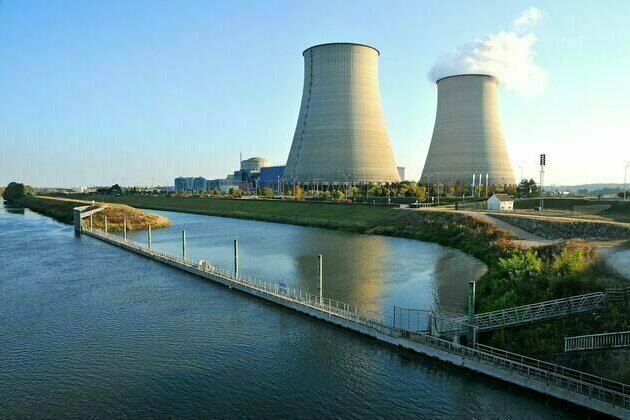
Uncommon Courses is an occasional series from The Conversation U.S. highlighting unconventional approaches to teaching.
Socially Engaged Design of Nuclear Energy Technologies
The two of us had some experience with participatory design coming into this course, and we had a shared interest in bringing virtual reality into a first-year design class at the University of Michigan.
It seemed like a good fit to help students learn about nuclear technologies, given that hands-on experience can be difficult to provide in that context. We both wanted to teach students about the social and environmental implications of engineering work, too.
Aditi is a nuclear engineer and had been using participatory design in her research, and Katie had been teaching ethics and design to engineering students for many years.
Broadly, the course explores engineering design. We introduce our students to the principles of nuclear engineering and energy systems design, and we go through ethical concerns. They also learn communication strategies - like writing for different audiences.
Students learn to design the exterior features of nuclear energy facilities in collaboration with local communities. The course focuses on a different nuclear energy technology each year.
In the first year, the focus was on fusion energy systems. In fall 2024, we looked at locating nuclear microreactors near local communities.
The main project was to collaboratively decide where a microreactor might be sited, what it might look like, and what outcomes the community would like to see versus which would cause concern.
Students also think about designing nuclear systems with both future generations and a shared common good in mind.
The class explores engineering as a sociotechnical practice - meaning that technologies are not neutral. They shape and affect social life, for better and for worse. To us, a sociotechnical engineer is someone who adheres to scientific and engineering fundamentals, communicates ethically and designs in collaboration with the people who are likely to be affected by their work.
In class, we help our students reflect on these challenges and responsibilities.
Nuclear energy system design is advancing quickly, allowing engineers to rethink how they approach design. Fusion energy systems and fission microreactors are two areas of rapidly evolving innovation.
Microreactors are smaller than traditional nuclear energy systems, so planners can place them closer to communities. These smaller reactors will likely be safer to run and operate, and may be a good fit for rural communities looking to transition to carbon-neutral energy systems.
But for the needs, concerns and knowledge of local people to shape the design process, local communities need to be involved in these reactor siting and design conversations.
We use virtual reality models of both fission and fusion reactors, along with models of energy system facilities. AI image generators are helpful for rapid prototyping - we have used these in class with students and in workshops.
This year, we are also inviting students to do some hands-on prototyping with scrap materials for a project on nuclear energy systems.
Students leave the course understanding that community engagement is an essential - not optional - component of good design. We equip students to approach technology use and development with users' needs and concerns in mind.
Specifically, they learn how to engage with and observe communities using ethical, respectful methods that align with the university's engineering research standards.
As instructors, we have an opportunity - and probably also an obligation - to learn from students as much as we are teaching them course content. Gen Z students have grown up with environmental and social concerns as centerpieces of their media diets, and we've noticed that they tend to be more strongly invested in these topics than previous generations of engineering students.
 Share
Share
 Tweet
Tweet
 Share
Share
 Flip
Flip
 Email
Email
Watch latest videos
Subscribe and Follow
Get a daily dose of Detroit Star news through our daily email, its complimentary and keeps you fully up to date with world and business news as well.
News RELEASES
Publish news of your business, community or sports group, personnel appointments, major event and more by submitting a news release to Detroit Star.
More InformationInternational
SectionDelta crash-landing probe finds dangerous descent before touchdown
TORONTO, Canada: An initial investigation into last month's dramatic Delta Air Lines crash-landing in Toronto has revealed that the...
New York court blocks law allowing over 800,000 non-citizens to vote
NEW YORK CITY, New York: New York State's highest court has struck down a law this week that would have allowed over 800,000 legal...
40 times more people killed in Gaza than in the 7 October attack
The death toll in Gaza on the weekend has passed 50,000, local health authorities have reported. What started the carnage was the Hamas-led...
USDA pledges $100 million for bird flu research, vaccine development
WASHINGTON, D.C.: The U.S. Department of Agriculture (USDA) has announced plans to invest up to US$100 million in research to develop...
US HHS orders removal of gun violence public health advisory
WASHINGTON, D.C.: The U.S. Department of Health and Human Services (HHS) has removed a 2024 advisory from its website that called gun...
Regulatory hurdles may leave US behind China in autonomous tech
WASHINGTON, D.C.: Industry leaders are pushing the Trump administration to clear regulatory obstacles slowing the rollout of self-driving...
Michigan
SectionNew York court blocks law allowing over 800,000 non-citizens to vote
NEW YORK CITY, New York: New York State's highest court has struck down a law this week that would have allowed over 800,000 legal...
Regulatory hurdles may leave US behind China in autonomous tech
WASHINGTON, D.C.: Industry leaders are pushing the Trump administration to clear regulatory obstacles slowing the rollout of self-driving...
Israeli government asks Musk to submit tender on vehicle-provisioning
Elon Musk's Teslas' are in the running to take over the transport of Israel's government officials. Musk's company, Tesla Inc., has...
Engineering students explore how to ethically design and locate nuclear facilities in this college course
Uncommon Courses is an occasional series from The Conversation U.S. highlighting unconventional approaches to teaching. Socially...
Tigers sign OF Manuel Margot, move Parker Meadows to IL
(Photo credit: Jerome Miron-Imagn Images) The Detroit Tigers signed veteran outfielder Manuel Margot to a one-year split contract...
Short-handed Pistons aim to keep rolling vs. streaking Spurs
(Photo credit: Lon Horwedel-Imagn Images) The Detroit Pistons won their last game without their All-Star, and it remains to be seen...


